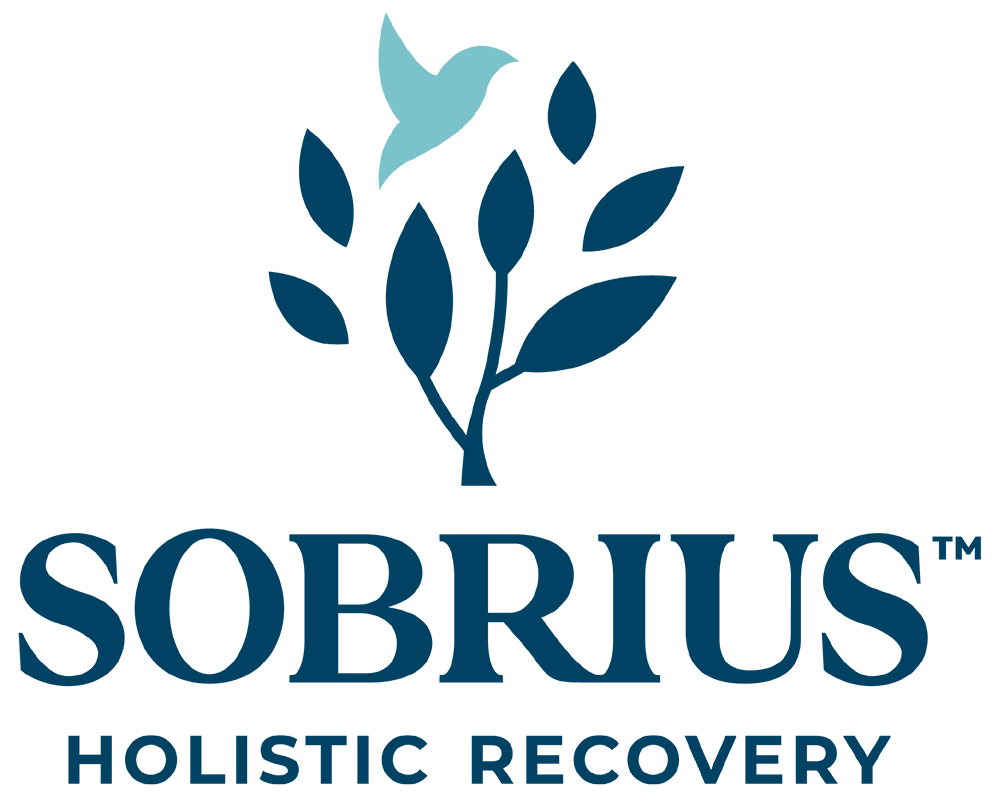Dependence vs. addiction—what’s the difference? In fact, the lines between terms like “dependence” and “addiction” are often blurred, causing confusion and potentially delaying someone from seeking the help they need. It’s time to distinguish between these terms and emphasize the importance of recognizing these distinctions. For more information about addiction treatment programs in Virginia, call us today at 888.596.6514.
Dependence Defined
Dependence on a substance can arise from regular use over time. When the body becomes accustomed to the presence of a drug or alcohol, it adapts its chemistry to function “normally” in their presence. This is known as physical dependence, which may be accompanied by tolerance (needing more of the substance to achieve the same effect) and withdrawal symptoms (the effects the body endures when not exposed to the substance).
However, dependence is not strictly physical—it is also psychological. People who develop a psychological dependence on a substance feel like they need it to function or take pleasure in any activities. This can result in strong cravings and a compulsion to use, even in the absence of physical withdrawal symptoms.
The Truth About Addiction
On the other hand, addiction involves a complex interplay of physical and psychological dependencies interwoven with behavioral changes. Addicts typically continue to seek and use a substance despite negative consequences, which may affect their health, their responsibilities, or their relationships.
Addiction is characterized by a loss of control over drug use, which can manifest as an inability to moderate one’s consumption or to stop using altogether. It also includes a continued use pattern, often associated with engaging in risky or harmful activities to obtain the substance (such as stealing or lying).
Dependence vs. Addiction: The Differences
While dependence and addiction share some common features, they also have crucial distinctions:
- Control – Dependence may lead to a loss of control, but addiction invariably involves it. The inability to manage use is a defining aspect of addiction.
- Behavioral Changes – A person may be dependent on a substance and not display any unusual behaviors. Addiction, however, will cause changes in behavior, lifestyle, and choices.
- Consequences – The consequences of dependence on a substance are usually internal, such as the development of health issues. On the other hand, addiction can lead to external consequences, such as legal problems or a breakdown in important relationships.
Distinguishing between dependence and addiction can support an individual in recognizing the gravity of their situation. This recognition is often the first step toward seeking the right support.
Signs That You Need Help
Understanding whether you or someone you care about is dealing with dependence, addiction, or both is a vital piece of the puzzle when it comes to starting the recovery process.
The signs that indicate a need for support can vary, but common ones include:
- Worsening health conditions
- Neglect of work or family responsibilities
- Increased risk-taking behaviors to obtain drugs or alcohol
- Negative impacts on personal relationships
When it’s time to get help, reaching out to professionals is crucial. Sobrius is dedicated to providing a comprehensive approach to addiction treatment. Our qualified team acknowledges that each individual’s path to recovery is unique, offering tailored treatment plans that cater to specific needs.
Get Help Today From Sobrius
Addiction does not define who you are, but taking the steps to recognize it and seek help does define your courage and willingness to change. Sobrius stands ready to support you on that difficult but rewarding path.
If you or someone you know in Virginia is struggling with addiction or dependence, take the step today. Don’t wait. Contact Sobrius now at 888.596.6514 or use our convenient online contact form to begin a conversation about healing and recovery. Remember, every step toward sobriety is a step toward a brighter, healthier future.

